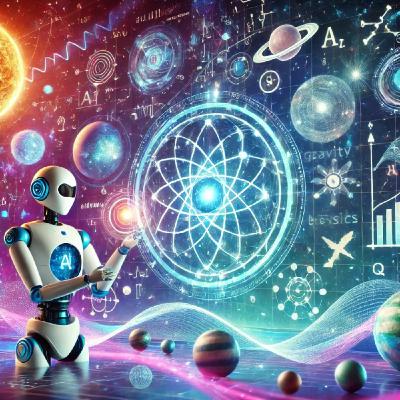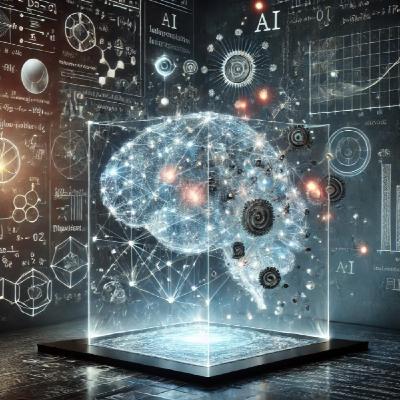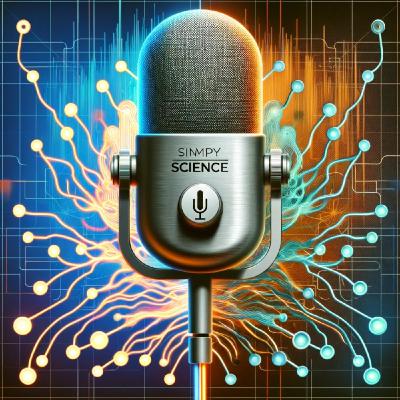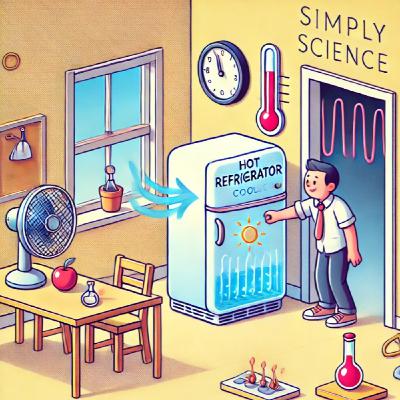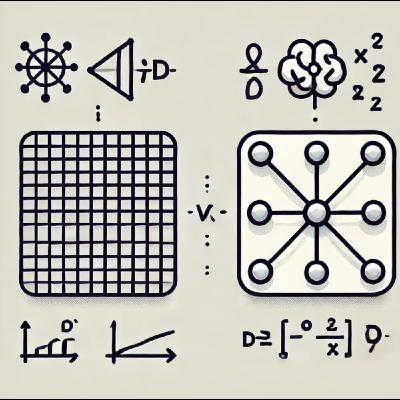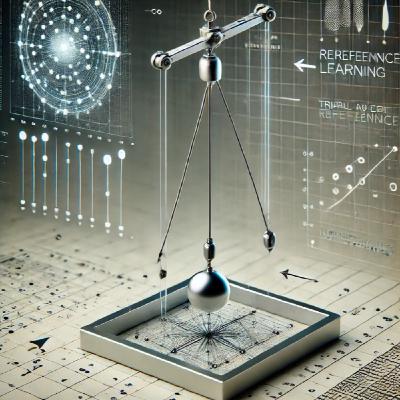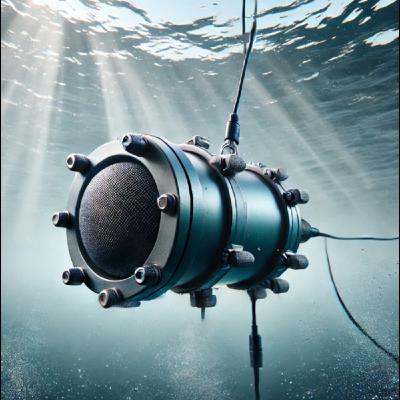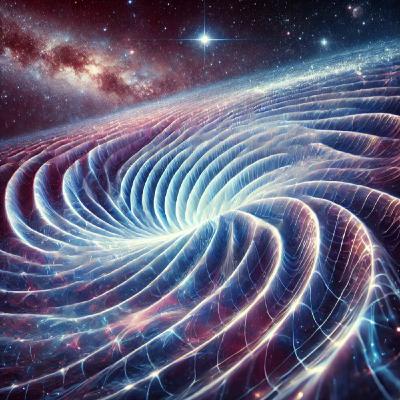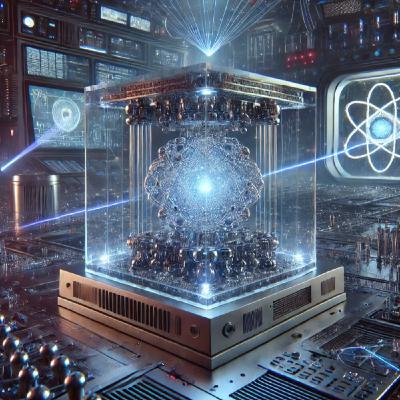Open Problem in Physics Explained - Catastrophic Forgetting
Description
In this episode of Simply Science, we explore the fascinating parallels between the brain's memory system and artificial intelligence. The brain acts as an information filter, much like a computer clearing disk space—it deletes outdated or irrelevant data to make room for new insights. This process, known as “catastrophic forgetting” in neuroscience, involves the weakening or resetting of neural connections, allowing the brain to rewire itself and adapt. While this may seem like a flaw, it’s a feature that enhances flexibility, helps us let go of negative experiences, and improves decision-making in dynamic environments.
For artificial intelligence, forgetting is just as essential. To achieve artificial general intelligence, AI systems must learn, adapt, and selectively forget outdated information. This ability prevents overfitting, enhances algorithm generalization, and enables AI to tackle real-world problems effectively.
Join us as we dive into how selective forgetting, both in humans and machines, holds the key to adaptability, better learning, and the pursuit of artificial general intelligence. If you’ve ever wondered why forgetting is just as important as remembering, this episode is for you!


